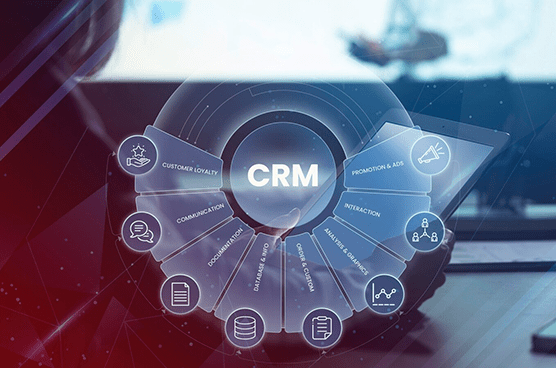Unlocking Business Efficiency: The Critical Role of Structured Data Archiving in Modernizing ERP and CRM Systems
Enhanced System Performance and Scalability
- Scalability: Archiving data structurally allows ERP and CRM systems to scale more effectively, accommodating growth without the corresponding cost in primary storage expansions or system upgrades.
Reduced Costs and Improved ROI
- Cost-effective Storage Solutions: Utilize cloud-based archives or hybrid models to balance accessibility and cost.
Regulatory Compliance and Risk Management
- Audit Trails and Data Integrity: Maintain comprehensive audit trails, ensuring that data is retrievable and intact for audits or legal purposes.
Enhanced Data Management and Quality
- Data Cleansing: Archived data can be cleansed and standardized, increasing its utility for analysis.
Assess Data Lifecycle and Archiving Needs
Before implementing a structured data archiving solution, it is essential to perform a thorough assessment of the data lifecycle and understand the archiving needs specific to your organization. Determine which data should be archived, how often, and what compliance requirements must be met.
- Lifecycle Management: Implement policies for regular reviews and updates of the data archiving strategy.
Choose the Right Archiving Solution
- Vendor Selection: Opt for vendors with robust security measures and proven expertise in your industry.
Continuous Monitoring and Optimization
After implementing a data archiving solution, continuously monitor its performance and impact on your ERP and CRM systems. This ongoing evaluation will help identify optimization opportunities and ensure that the archiving system remains aligned with organizational goals and technological advancements.

